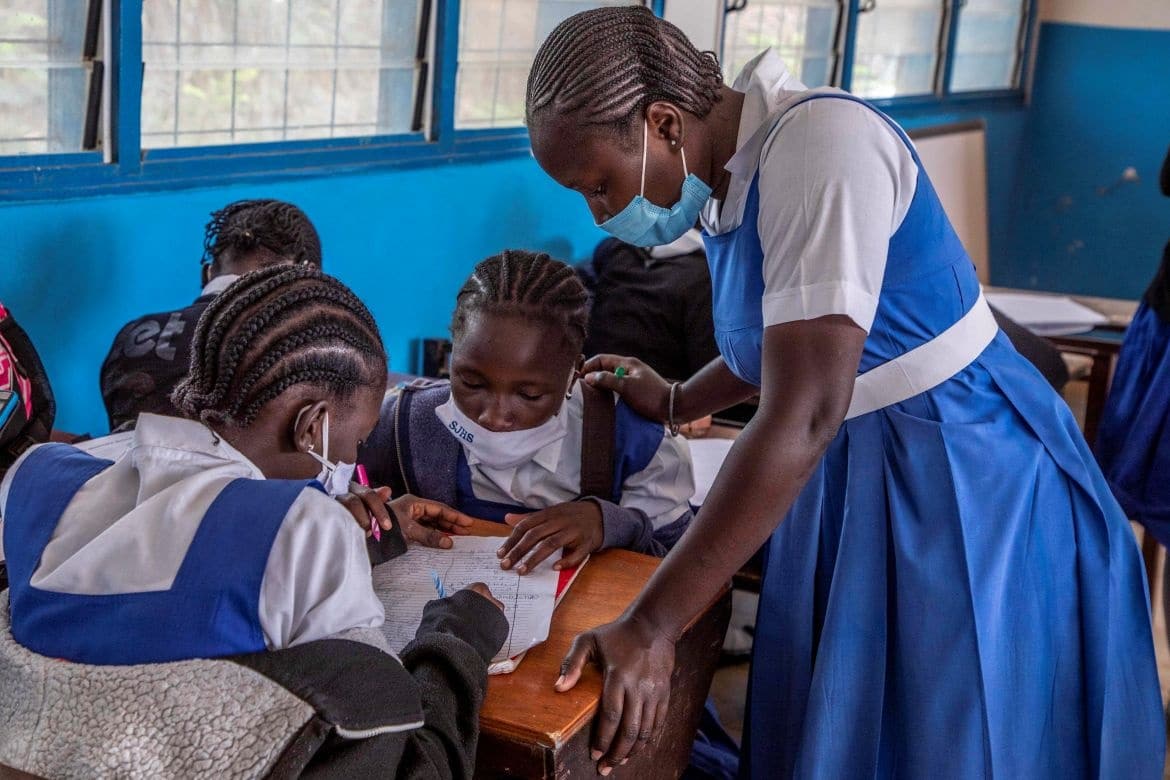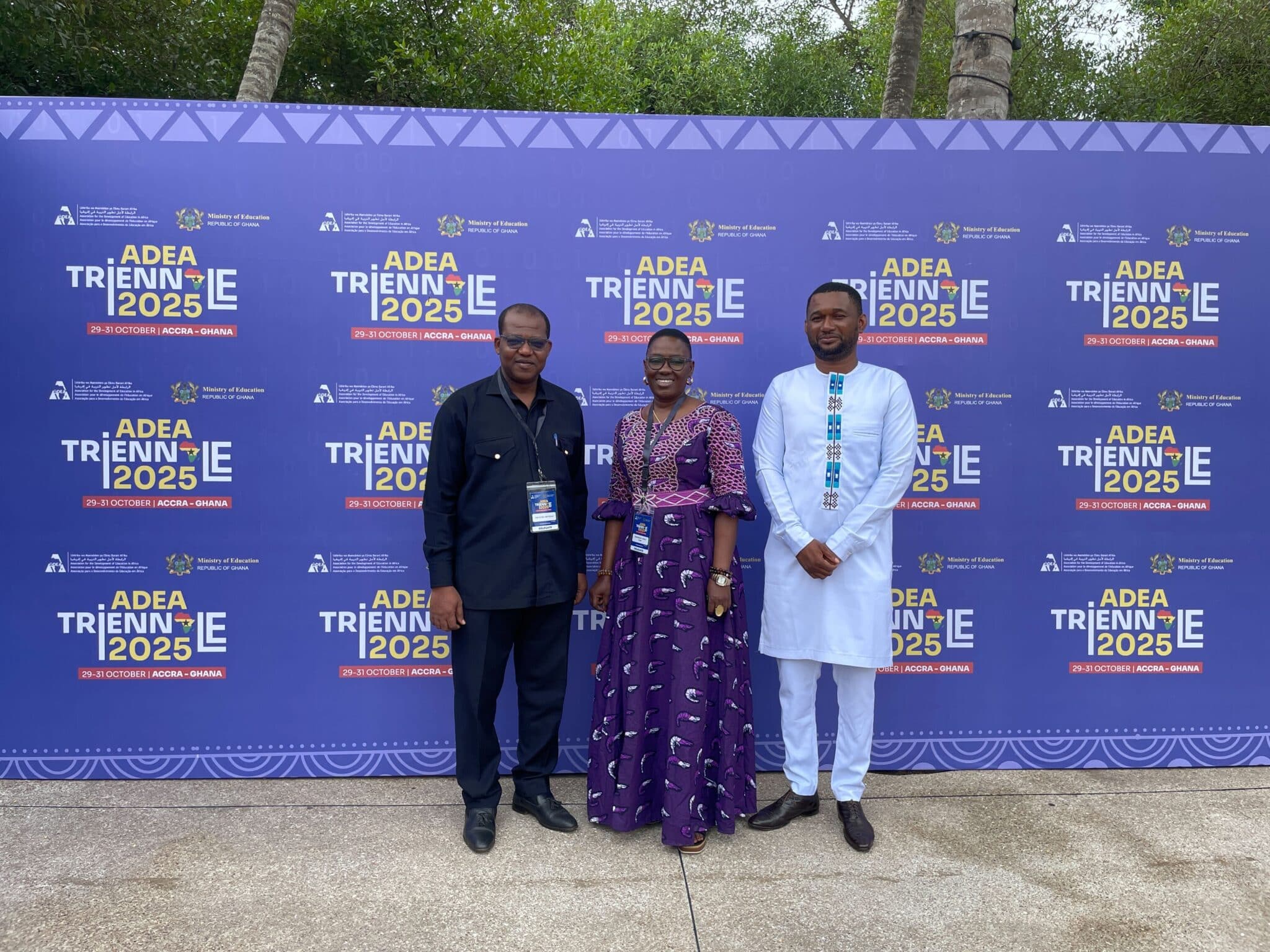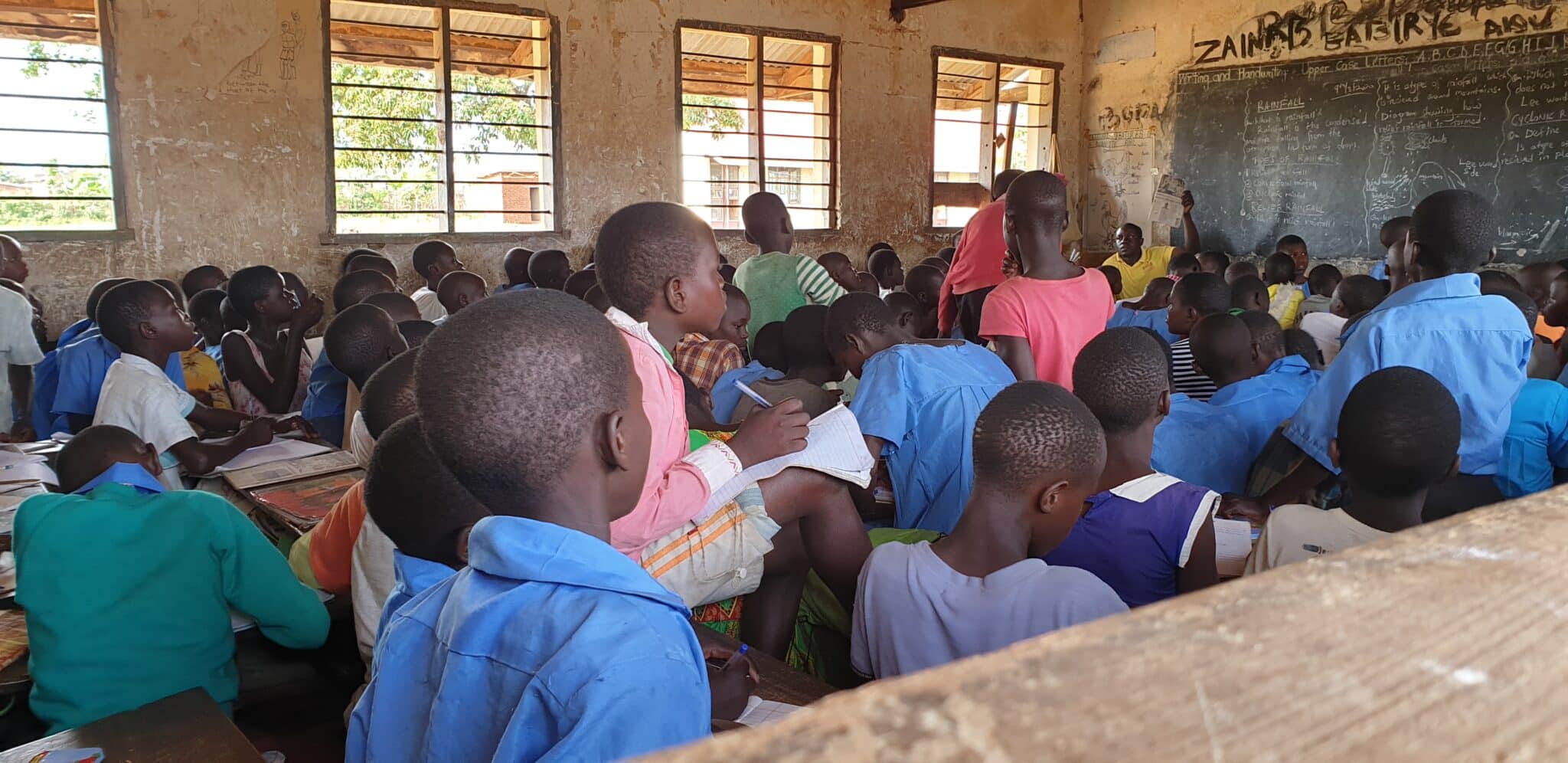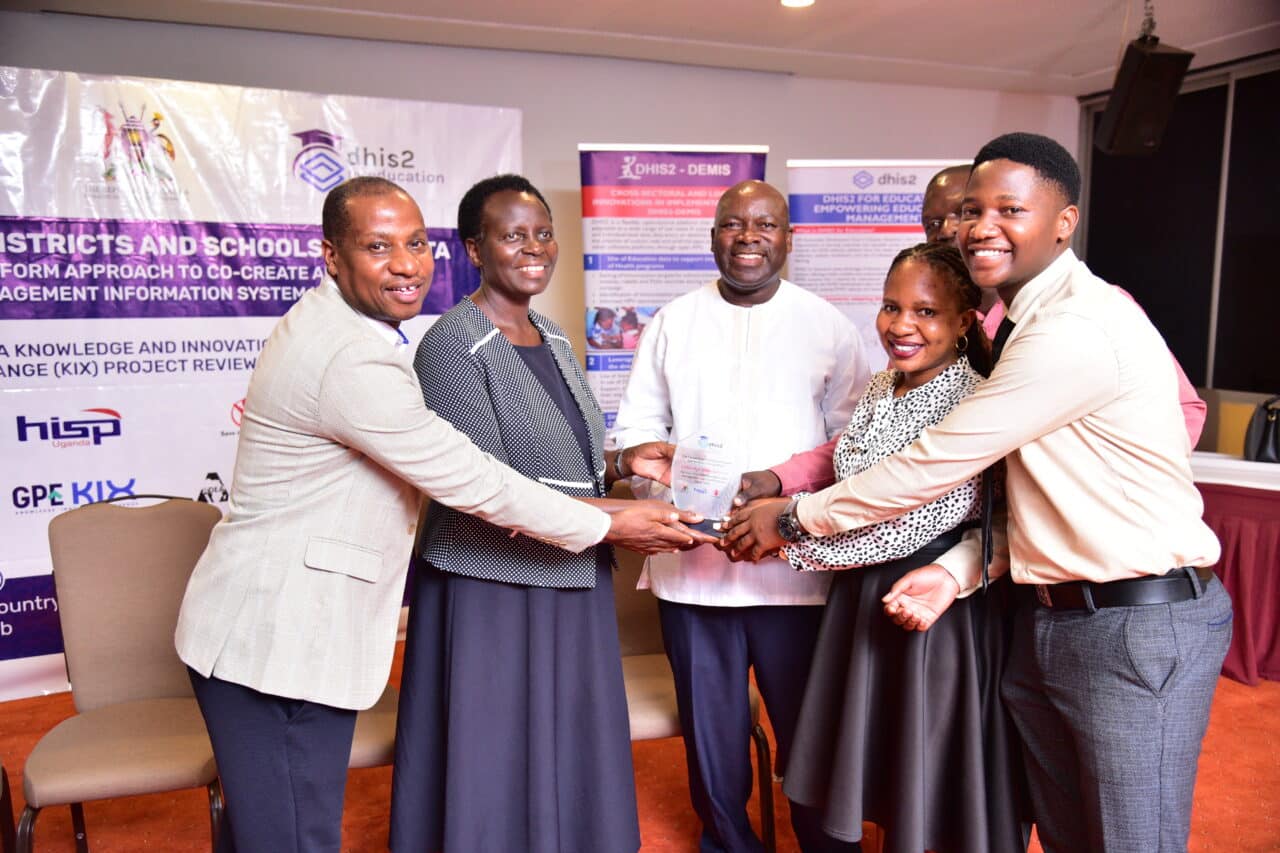
Enhancing Education in Uganda: A Data-Driven Approach
Using DHIS2 to empower education leaders with real-time data for informed decisions and stronger learning outcomes.
Uganda’s Ministry of Education and Sports partnered with HISP Uganda and Save the Children to implement a Data Use Innovations Research Project to strengthen education data systems and empower subnational-level managers with data for decision-making and education management. This collaborative effort, part of the Global Partnership for Education’s Knowledge and Innovation Exchange (GPE KIX), aims to strengthen education data systems and empower sub-national-level managers with crucial information for decision-making. This project leverages the DHIS2 platform, an open-source data management tool, to streamline data collection, analysis, and utilization across the education sector.
On 7 March, education stakeholders convened for the KIX Project Review meeting to discuss how data-driven innovations can enhance education management. The Ugandan project forms part of the Empowering Districts and Schools project and the Global Partnership for Education’s Knowledge and Innovation Exchange (GPE KIX). It enhances education data systems and promotes data-driven decision-making in low- and middle-income countries.
Uganda’s education system faces significant challenges in foundational learning, with many students struggling with basic literacy and numeracy, particularly in rural areas. Education leaders advocate for a data-driven approach to address these gaps and improve learning outcomes. According to Education Ministry Permanent Secretary Kedrace Turyagyenda, data is essential for identifying and responding to weaknesses in the education system, making it a game-changer for Uganda’s education future.
“Our biggest achievement is getting districts to have data at their fingertips, right at the click of a button.” – Education Ministry Permanent Secretary Kedrace Turyagyenda
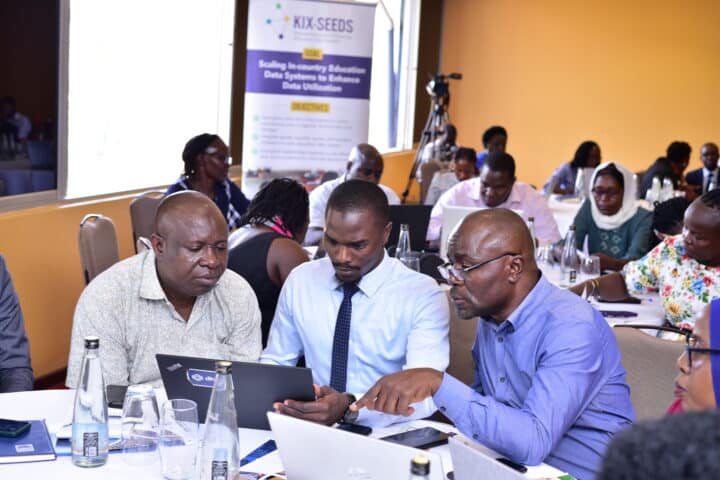
Project Expansion and Impact
Initially launched in The Gambia, Uganda, and Togo, the project has expanded its reach to Sierra Leone, Eswatini, and Mozambique. In Uganda, the implementation spans 10 administrative units, including Gulu City, Mayuge LG, and Wakiso LG, to mention but a few. The success of the DHIS2-based system has paved the way for nationwide expansion, aiming to equip all districts with the necessary technology and skills for effective data management.
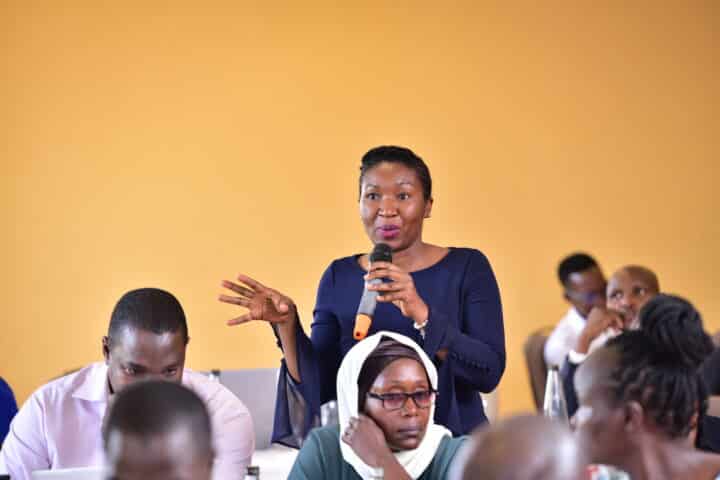
“Data is the cornerstone of education. It’s essential for planning, decision-making, and ensuring resources reach the right places.” – Primary Education State Minister Dr. Joyce Moriku Kaducu
Key achievements in Uganda include:
- Decentralization: The project has successfully engaged previously uncoordinated departments within the Ministry of Education and Sports, building capacity for local data management. HISP Uganda’s Director of Programmes, Prosper Behumbiize, noted that the initiative has been tested in Mayuge, Gulu, Ntungamo, and Wakiso since 2019 and is now set for nationwide expansion. The initiative equipped districts with laptops and storage for organized and accessible data through the DHIS2 platform.
- Stakeholder Collaboration: Partnerships with influential organizations like Save the Children and UNICEF have ensured long-term support and integration of Gender Equality and Social Inclusion (GESI) data needs. Primary Education State Minister Dr. Joyce Moriku Kaducu emphasized that data is crucial for decision-making, resource allocation, and effective planning.
- Expanded Adoption: Successful pilots have led to wider implementation, with organizations like the World Food Programme and Aga Khan Foundation extending district EMIS to additional schools, leveraging the DHIS2 infrastructure.
“I use data to promote learners, advocate for more teachers, and lobby for desks, latrines, and classroom blocks.” – Head teacher from Mayuge District
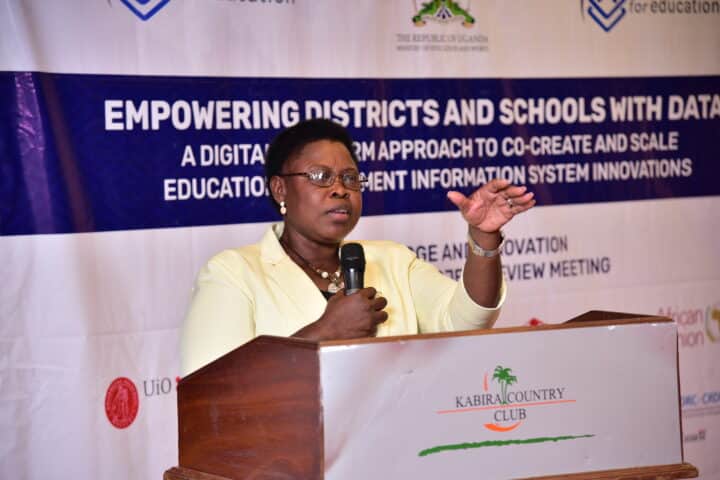
Turyagyenda proposed simple monthly indicators to track student progress, enabling teachers to identify and address learning gaps early. She envisions schools using simple graphs to monitor progress weekly, emphasizing that a robust data-driven framework, powered by DHIS2, is essential for improving student performance and teacher effectiveness.
This initiative aligns with GPE KIX’s mission to connect expertise and foster knowledge-sharing among 88 partner countries. It addresses systemic challenges such as knowledge gaps, limited evidence-based policymaking, and inequitable access to education.

